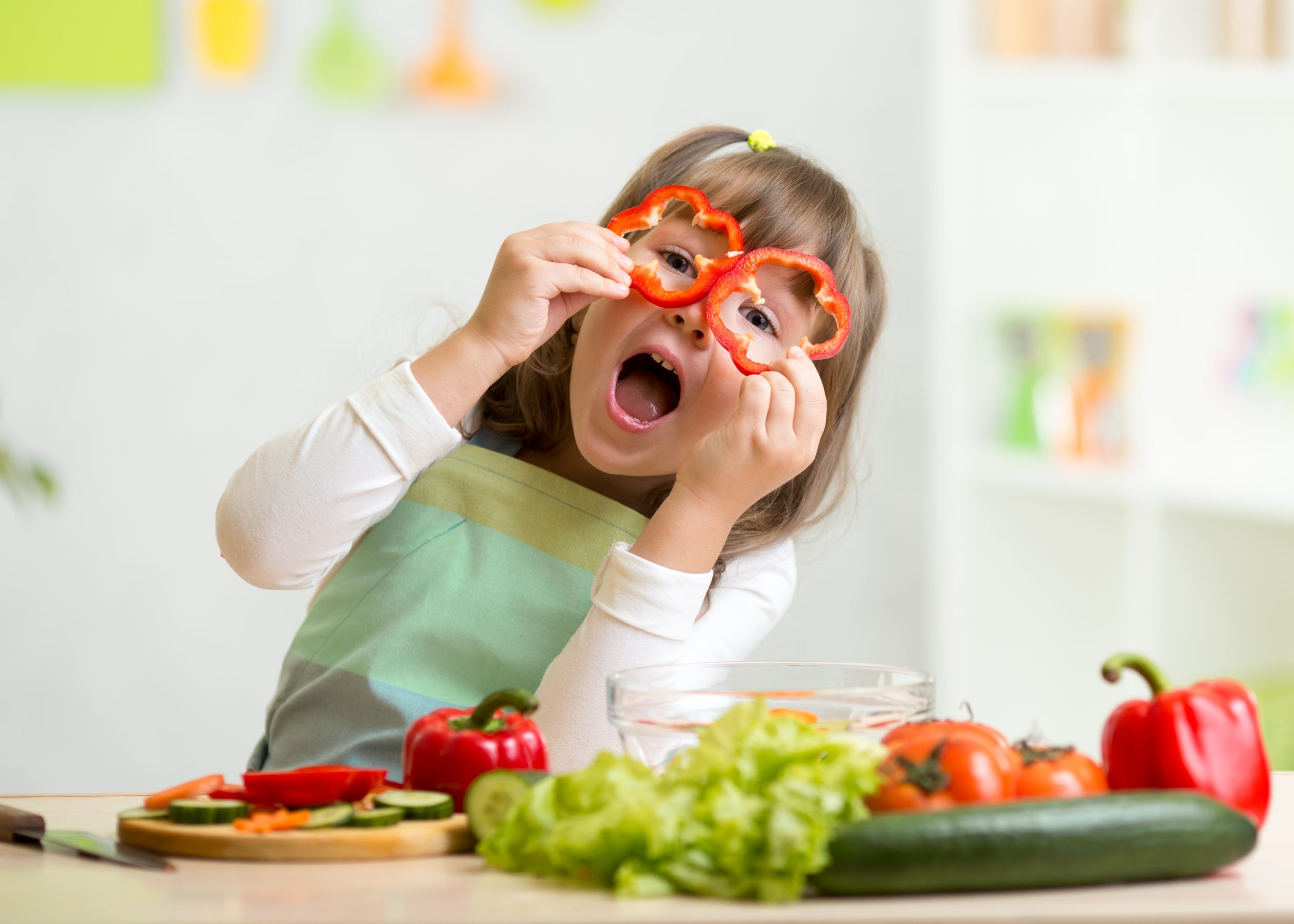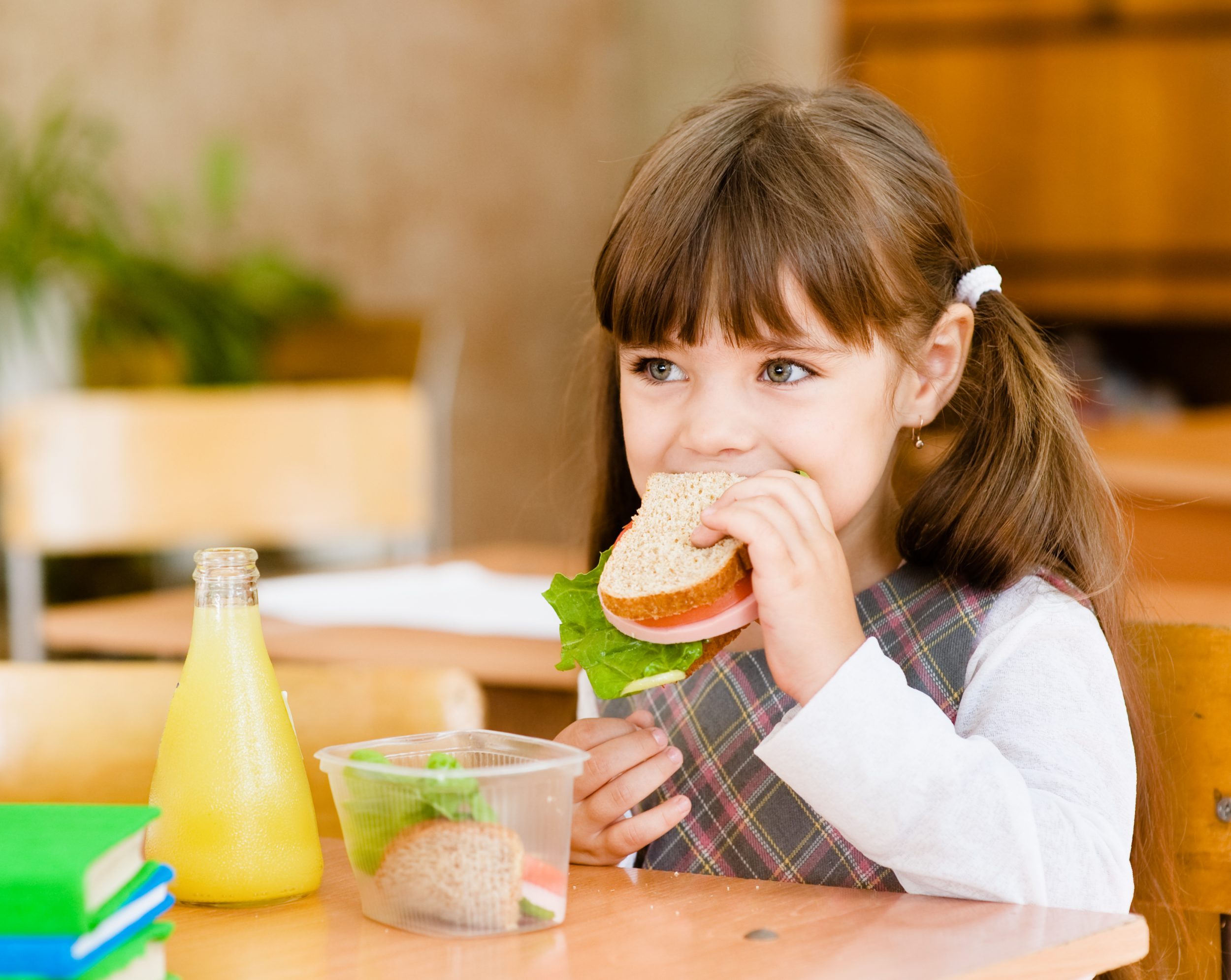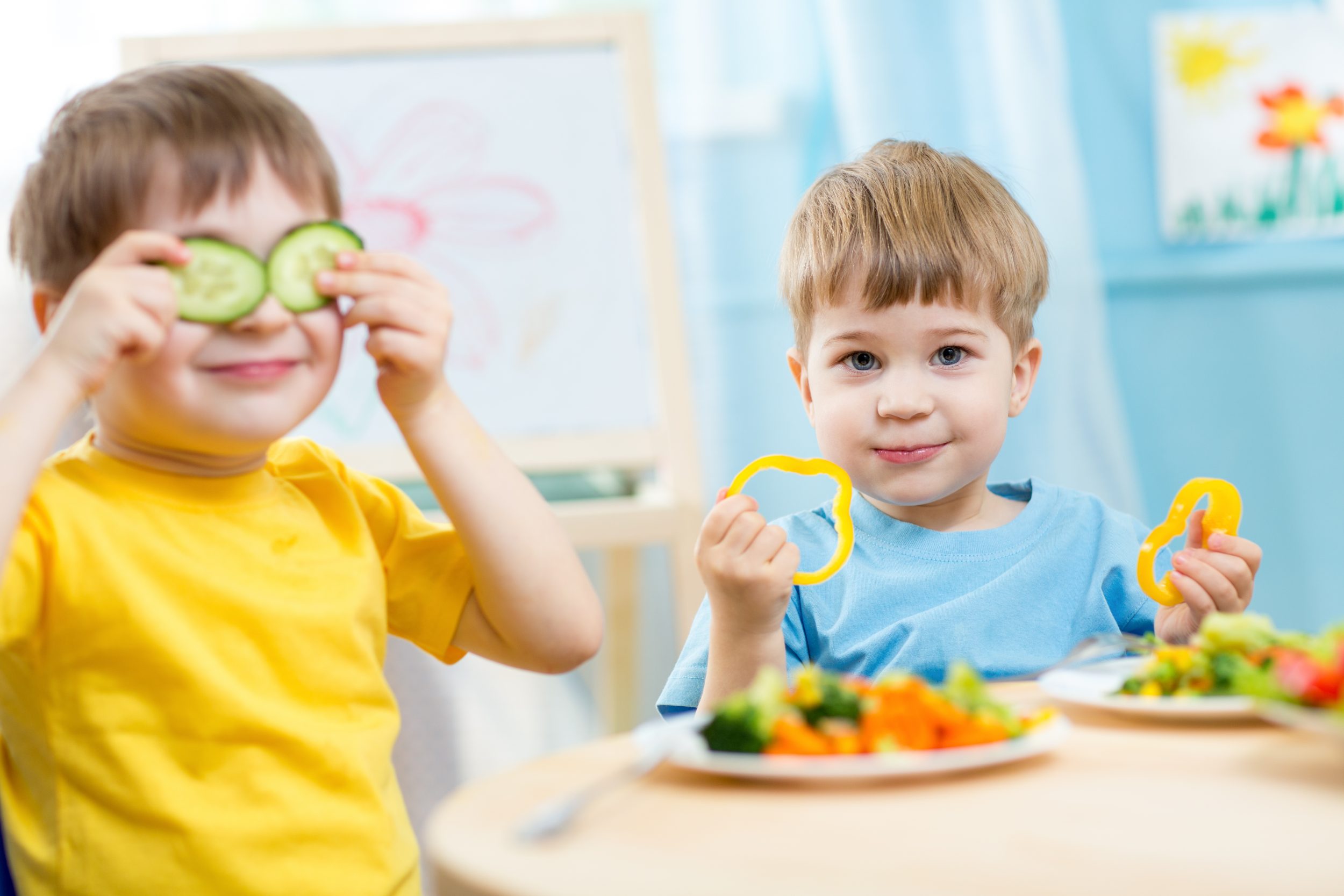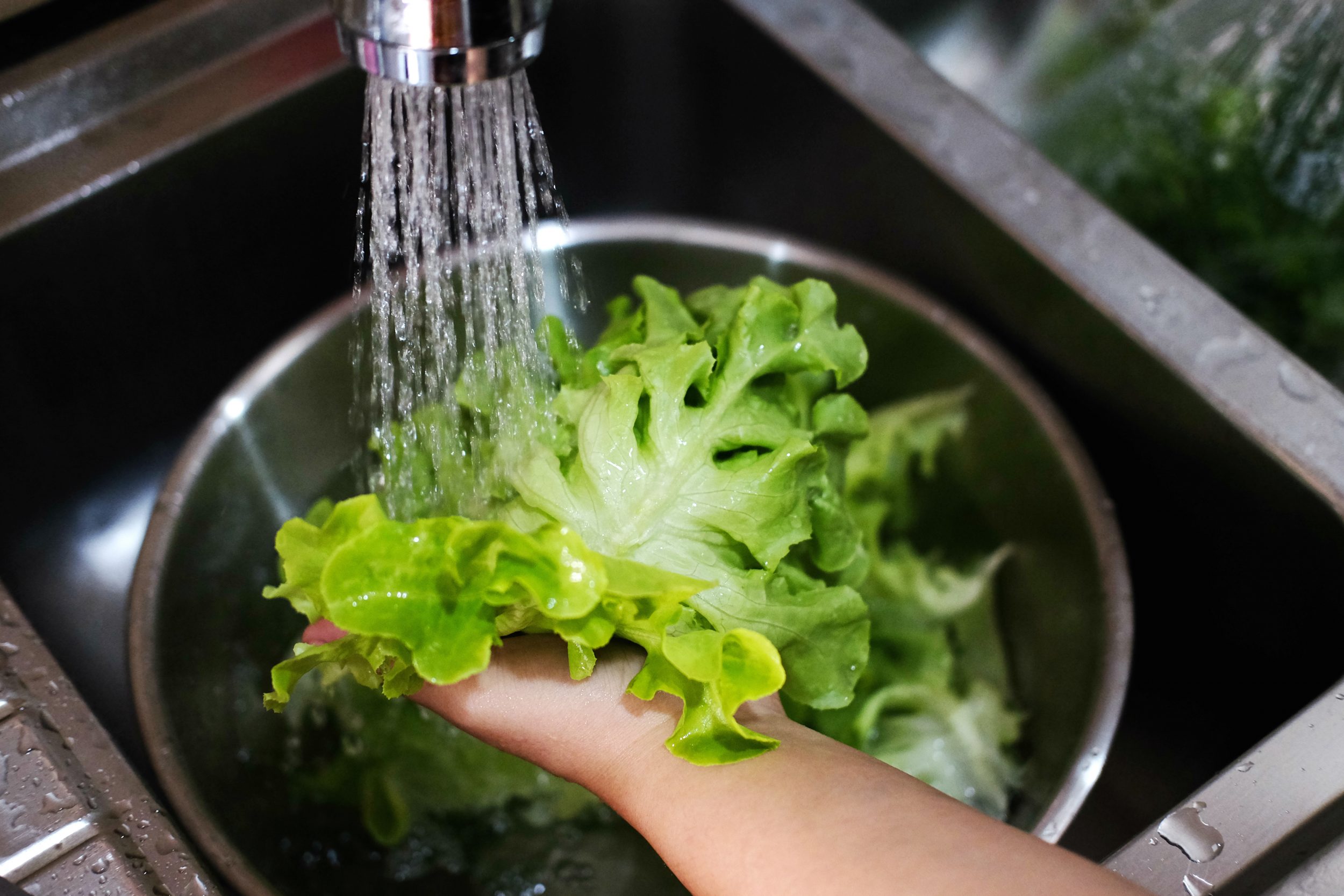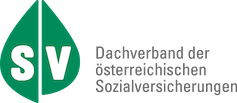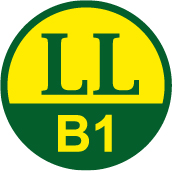
Your child needs enough nutrients to grow and develop. They especially need vitamin D, folic acid, iron and iodine.
Vitamin D
Children need enough vitamin D. Vitamin D is important for your child to grow and have healthy bones. The body can produce vitamin D itself if it gets enough sunlight. But vitamin D is also found in some foods.
Most vitamin D is found in sea fish that contain a lot of fat. For example in herring, mackerel and salmon. Trout also has a lot of vitamin D. Vitamin D is also found in egg yolks and some mushrooms. For example, in ceps, chanterelles or mushrooms.
Your child will get more vitamin D if they spend time outdoors in the sunlight every day.
Folic acid
Folic acid is a vitamin and is also important for growth and development. Young children need a lot of folic acid. To ensure that your child gets enough of this vitamin, they should eat plenty of vegetables. Especially green vegetables, for example: lettuce, spinach, fennel, broccoli, and cabbage.
Folic acid is also found in pulses. For example: lentils, beans, peas, and chickpeas. Wholegrain products such as bread and flakes also contain folic acid. Folic acid is also found in fruit. For example, in strawberries, raspberries and oranges.
Iron
Iron is particularly important for the mental and physical development of children between 1 and 3 years. Some kinds of meat contain a lot of iron, like veal, pork, and lamb. You can also find iron in cereals and pulses.
For example, in beans and lentils.
Iodine
Iodine is important for the growth of the brain and the bones of small children. Iodine is part of the thyroid hormones.
There is a lot of iodine in sea fish and other sea foods. For example, in salmon and prawns. Iodine is also found in milk and eggs.
Use salt that has iodine in it. But only use a little salt. Small children should eat a maximum of 2 grams of salt per day.

